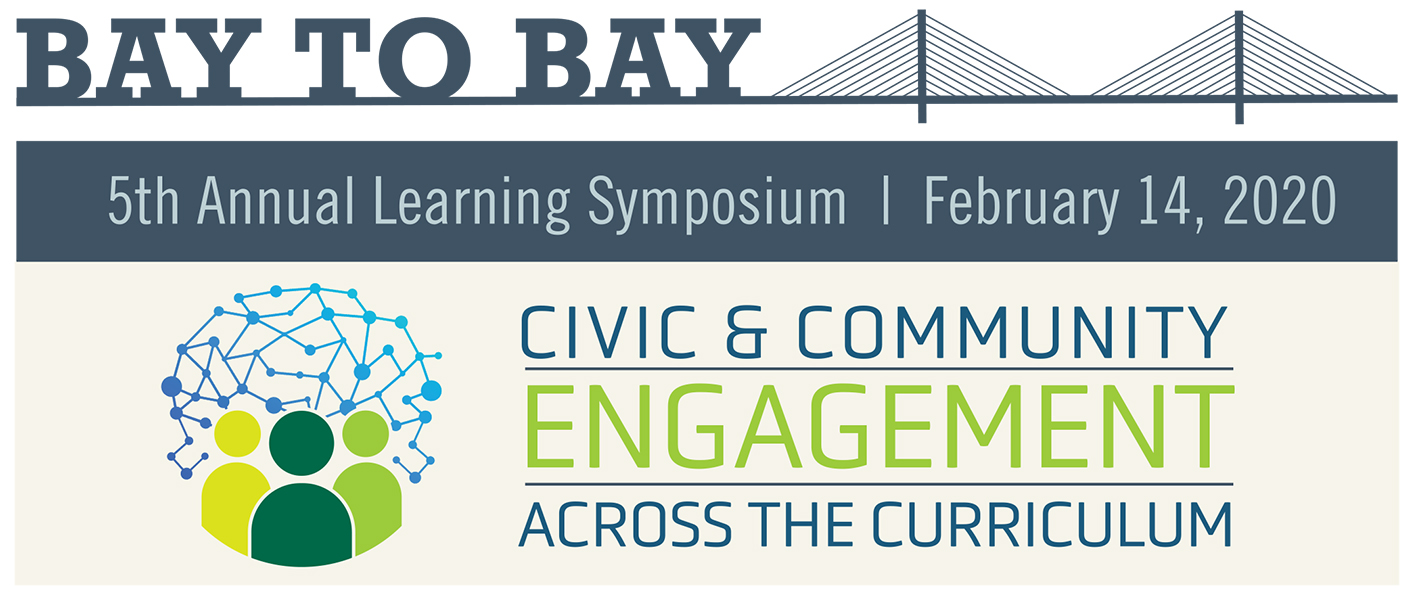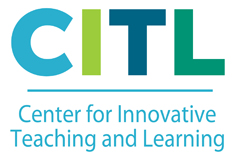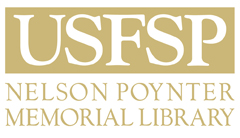Defining “Violence” Where Prostitution is Decriminalized
Location
USC Ballrooms
Start Date
14-2-2020 3:00 PM
End Date
14-2-2020 4:00 PM
Abstract
In 2003, New Zealand passed the Prostitution Reform Act (PRA) to increase safety and regulate labor laws for the sex industry (Prostitution Law Review Committee (PLRC) Report, 2008). New Zealand Prostitutes Collective (NZPC), who were instrumental in passing this legislation, educates and empowers sex workers, allowing more control over their work. In 2018, Dr. Jill McCracken and NZPC conducted a three-month community-based project that aimed to better understand the impact decriminalization has had on violence, focusing on how sex workers talk about violence through their experiences. Our primary goal was to engage sex workers as peer educators and researchers to determine research questions, interview guides, and data collection methods. Dr. McCracken interviewed 34 current and former sex workers and 33 individuals who work closely with sex workers. Rather than asking questions that assumed how participants defined violence, interview questions were focused on challenges they experienced. If “violence” was not mentioned, the participants were asked how they understand the word, to define it within the sex industry. We found that, in general, definitions of violence were categorized into three forms; physical, verbal, and psychological, through three primary perpetrators; clients, managers, and social discrimination. Through these interviews we discovered different experiences of impact of the PRA on sex worker’s health, safety and well-being. This study not only explores violent experiences that individuals within the sex industry face, but it validates the increased safety and quality of life that manifests as a result of decriminalization on those directly effected by such legislation.
Defining “Violence” Where Prostitution is Decriminalized
USC Ballrooms
In 2003, New Zealand passed the Prostitution Reform Act (PRA) to increase safety and regulate labor laws for the sex industry (Prostitution Law Review Committee (PLRC) Report, 2008). New Zealand Prostitutes Collective (NZPC), who were instrumental in passing this legislation, educates and empowers sex workers, allowing more control over their work. In 2018, Dr. Jill McCracken and NZPC conducted a three-month community-based project that aimed to better understand the impact decriminalization has had on violence, focusing on how sex workers talk about violence through their experiences. Our primary goal was to engage sex workers as peer educators and researchers to determine research questions, interview guides, and data collection methods. Dr. McCracken interviewed 34 current and former sex workers and 33 individuals who work closely with sex workers. Rather than asking questions that assumed how participants defined violence, interview questions were focused on challenges they experienced. If “violence” was not mentioned, the participants were asked how they understand the word, to define it within the sex industry. We found that, in general, definitions of violence were categorized into three forms; physical, verbal, and psychological, through three primary perpetrators; clients, managers, and social discrimination. Through these interviews we discovered different experiences of impact of the PRA on sex worker’s health, safety and well-being. This study not only explores violent experiences that individuals within the sex industry face, but it validates the increased safety and quality of life that manifests as a result of decriminalization on those directly effected by such legislation.





